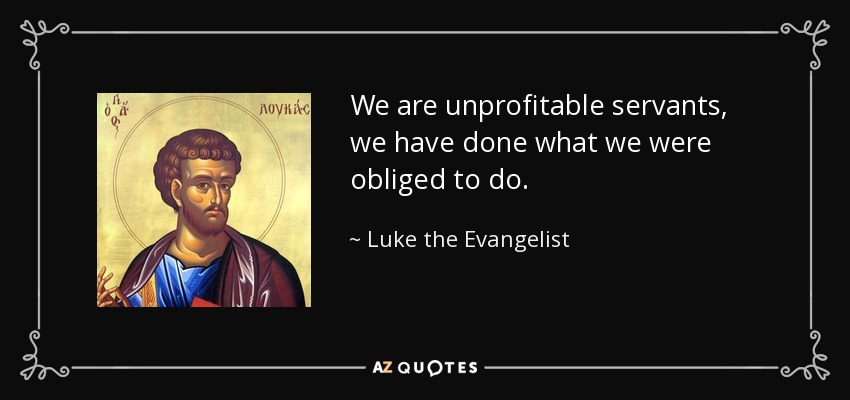Another excerpt from
The Gospel Covenant, by New England Puritan Divine
Peter Bulkeley. All arcane spellings, grammar, and emphasis are from the original. Words in brackets are my insertions for the sake of clarity. "&c" in the original has been edited to "etc.", in the modern fashion.
"In the Covenant of workes, God deales alike with all, that are alike in themselves; Looke how he deales with one, so will he do with another, if they walke in the same way; The same worke shall have the same reward, whether in good or in evill. They that are alike in sin, shall be alike in punishment. Justice, which is Gods rule in the covenant of workes, maketh no difference between persons that are equall in themselves. It hath its balance in its hand to give to everyone according to their works; It is no respecter of persons. Therefore God speaking of Baasha,
I Kings 16:2-3, saith, that because he walked in the wayes of
Jeroboam the son of
Nebat, who made
Israel to sin, therefore God would make his house like the house of
Jeroboam. They both make
Israel to sin, and therefore they are both alike in punishment; so also he speaks of
Jerusalem, Ezek. 23:31, that because
she walked in the way of her Sister, that therefore he would give her cup into her hand. Hence saith the Apostle,
Rom. 2:6 to 17,
That every soul that continues in well-doing, shall have glory and honour, but unto the disobedient shall be tribulation and wrath, whether Jewes or Gentiles, etc. Where actions are alike, God will deal alike with all such as are under the covenant of workes: What is just towards one is just towards another, when actions and workes are alike; Now God will deale justly with all: he that commands
us to give every man his due,
Rom. 13:7, will not himself withhold due from any; here therefore God will alike deale alike with all. Let one fulfill the Law, and he shal live thereby; Let another fulfill it, and he also shall have the same life. Let one breake it, and he shall dye, and as many break it, shall lye under the same condemnation. But now it is otherwise in the covenant of grace; grace deales diversly with men that are equall in themselves; where there was no difference before, grace makes a difference, as
Rom. 3:23-34.
All have sinned, etc., there is no difference in ourselves, we are all shut up in condemnation by sin;but are all justified? No; but onely those that are of the faith of Jesus. Hence saith the Apostle,
Rom. 9:10-13, that when
Jacob and
Esau were both in the same condition, neither of them having done either good or evill, yet grace put a difference betwixt them, and preferred one before the other; They were alike in themselves, yet they had not the like grace vouchsafed to them from God.
Justice is due, but grace is free; Justice
must doe right, but but grace may communicate itself, to whom, where, and in what measure it will. Hence is that in
Rom. 9:15,
I will have mercy on whom I have mercy, etc., He doth not say, I will deal justly with whom I will, he cannot deale unjustly with any; But concerning grace he saith,
I will have mercy on whom I will have mercy. Therefore to manifest the goodnesse of his grace, the Lord sometimes preferreth those that seem least worthy, he sets the younger before the older,
Jacob before
Esau,
Ephraim before
Manasseh, and the Gentiles which were aliens from God, before the Jewes which counted themselves to be the onely people. Consider those two speeches in
Mat. 20. The one
ver. 14. Take that which is
thine own, and go thy way: the other,
ver. 15. I will do with
mine own as I will. Here is
our own, and
God's own; our own is that which we look for according to our agreement which we have made with God, for the worke done. As those hyred into the Vineyard, they agreed with the Master of the Vineyard for so much; and that which they so agreed for, for their worke, that was their owne, due by justice; But that which was not by agreement, nor for worke, but comes by grace, that is Gods owne, with which he may do even as he will:
our own is that which is due from Gods justice:
Gods own is the gift of his free grace. To every one God will say, take thine owne. And where there is no difference in worke, justice will make no difference in wages. And if any begin to complaine that others are better dealt with then they, the Lord answers to such, I will do with
mine owne as I will; Grace is mine own, and I owe it to none, I will shew it where I will; It is grace which makes the difference, herein may God deale diversly, giving more to one, lesse to another, as pleaseth him. And hereto agrees that in
ver. 16.
He that is first shall be last, and the last first. He that should be last in a way of Justice, shall become first in a way of grace; Those that Justice would set last and lowest, Grace will advance and set highest."















